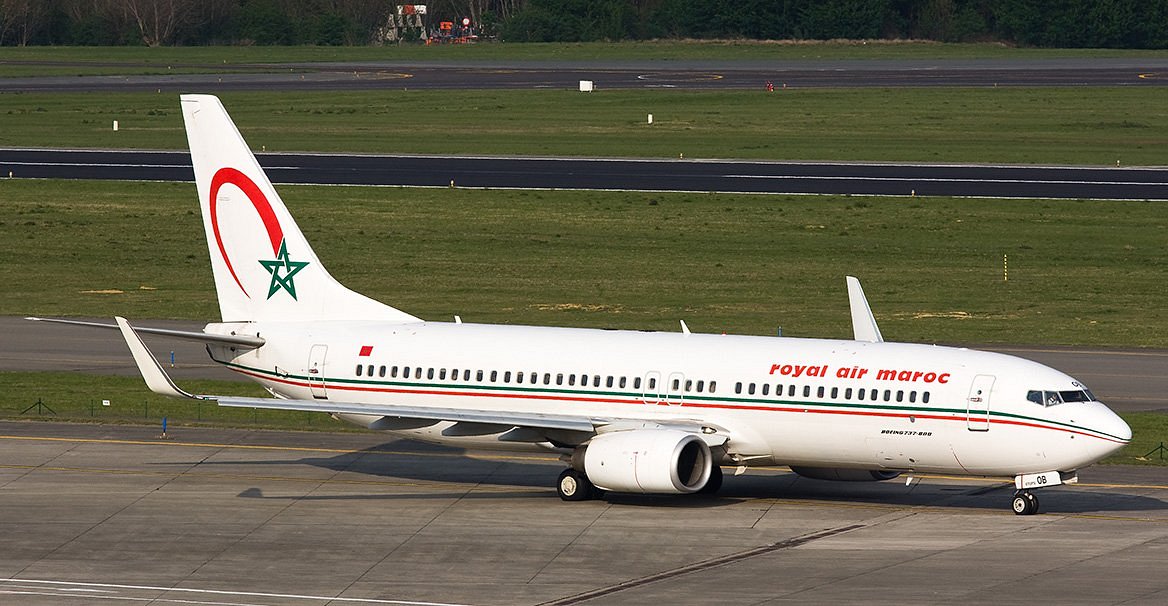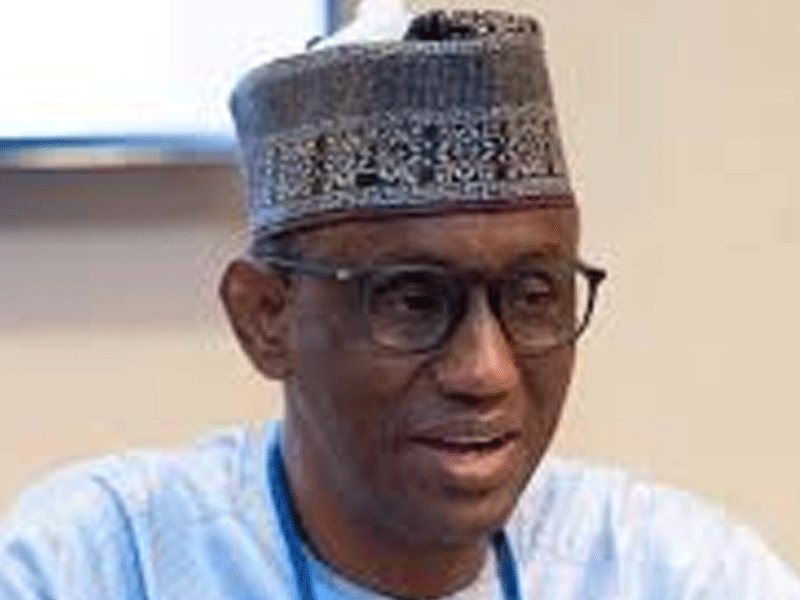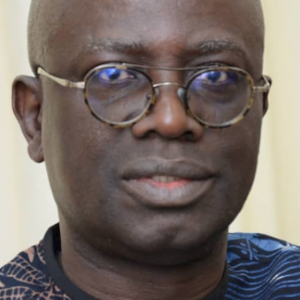You’ve booked an international flight. Maybe it’s with Royal Air Maroc, or one of the other “big names” that serve Nigeria. You’re hopeful. You’ve seen their ads — modern planes, world-class service, sleek cabins. And then… you board in Lagos or Abuja.
No screen. No USB port. The seat reclines halfway before it creaks like it’s filing for retirement. The air vents are stuck. The “meal” tastes like regret — and if you were hoping for a choice of meals, forget it. You’re lucky to get a foil-wrapped mystery, no questions asked. And somehow, you’re expected to be grateful — because, well, “at least the flight is on time.” I know, because I’ve been there.
Lagos to Qatar, via Casablanca: A Case Study in Disrespect
On a recent flight from Lagos to Qatar with Royal Air Maroc, the Lagos–Casablanca leg felt like a throwback to the early 2000s — but not in a nostalgic way. No seatback screens. No power outlets. Not even a proper in-flight announcement. The food was disappointing, with zero options given, and the crew seemed like they were just counting down the hours.
But once we landed in Casablanca and I boarded the next leg to Doha? A different airline entirely — only it wasn’t. Newer aircraft. Clean cabin. Seatback entertainment. USB ports. Hot towels. It was still Royal Air Maroc, still the same trip — but the moment we left African airspace, the quality magically improved.
So what changed? Only one thing: I left Nigeria. Why Is This Still Happening in 2025?
This isn’t just about comfort — it’s about standards. It’s about respect. And it’s about how the Nigerian flying public is quietly subjected to second-class treatment on international routes, while the rest of the world enjoys modern aviation. The reasons behind this are a mix of poor regulation, market manipulation, and good old-fashioned apathy.
Let’s break it down.
Nigeria: The Global Dumping Ground for Tired Aircraft
Airlines don’t just “accidentally” send older aircraft to Nigeria. It’s a choice. Many carriers deliberately assign their oldest, least-equipped planes to African routes — especially West Africa. Why? Because they can.
Planes that wouldn’t dare land in London, Paris, or Toronto because they’re too outdated somehow remain “perfectly safe” for Lagos. It’s the aviation version of saying, “This old jalopy still runs — let’s send it to Africa.”
The data from OAG, Statista and airline reports as of 2025 backs this up:
• Africa’s average aircraft age is now ~19 years — the oldest regional fleet globally.
• By contrast, Europe averages ~11.6 years, and North America ranges between 14–16 years, depending on the carrier.
•In West Africa, many planes are 21+ years old, making them more museum-worthy than airworthy in any modern market.
Weak Oversight, Weaker Consequences
Unlike the FAA (USA) or EASA (Europe), Nigeria’s Civil Aviation Authority (NCAA) doesn’t seem to enforce any real quality standards when it comes to what airlines should provide passengers. As long as the plane is technically “airworthy,” it can land in Nigeria. Amenities? Cabin age? Noise pollution? Accessibility? Not their concern.
This hands-off approach tells airlines one thing: do the bare minimum and nobody will stop you.
Bilateral Agreements With No Backbone
Most of these routes are governed by bilateral air service agreements between Nigeria and other countries. Unfortunately, these deals often focus on landing rights and slot availability — and say little or nothing about the quality of service passengers should receive.
So airlines send whatever aircraft they want, however they want — and we clap when they show up.
Passengers Are Expected to Just Deal With It
Let’s be honest: many Nigerian passengers have grown to accept this poor treatment as normal. We tolerate old planes, indifferent service, and limited amenities because we’ve been conditioned to expect less. If the plane lands safely, we thank God, clap for the pilot and move on.
But here’s the reality: other countries — smaller, poorer, less populated — have better in-flight experiences because they demand it.
No Strong Local Competition
Foreign airlines operate with impunity here because they face no serious competition from homegrown carriers.
Nigeria’s national carrier ambitions have been stuck in a perpetual loop of mismanagement, and local airlines rarely have the long-haul fleet or diplomatic clout to challenge the big players.
As of today, Air Peace is the only viable Nigerian airline with real international ambitions — and it deserves credit for that. But one airline alone can’t carry the burden of accountability for an entire market.
So when passengers don’t have a real choice, they’ll board whatever’s available — even if it’s a flying museum.
Let’s Be Clear: This Isn’t Just About Screens and Chargers
It’s easy to reduce this issue to “first world problems” — but that’s not what this is. This is about dignity. It’s about being treated equally, especially when you’re paying the same price (or more) for international travel.
A Nigerian family flying to New York via Casablanca shouldn’t be stuck in a rustbucket for the first half of their journey, only to be upgraded to modernity the moment they leave African airspace.
We deserve better. And the fact that we haven’t demanded it loudly enough is part of the problem. What need to change. NCAA must raise the bar and set enforceable standards. Minimum aircraft age limits, mandatory in-flight service benchmarks, or penalties for sub-par aircraft operating international routes. If Europe can do it, Nigeria can too.
Negotiate Smarter Bilateral Agreements
Future air service agreements must include clauses on service quality — not just slots and frequencies.
Empower Consumer Advocacy
Passengers need to speak up. File complaints. Share reviews. Use social media. Shaming works when diplomacy doesn’t.
Invest in a Competitive National Carrier
We don’t just need a flag-waving “national airline.” We need a world-class carrier that can challenge foreign airlines and raise the standard across the board. Air Peace is a good start, but it needs support, investment, and scalability.
Until Then… Lower Your Expectations at the Gate
Flying internationally from Nigeria shouldn’t feel like punishment. We shouldn’t have to endure inferior aircraft and outdated service just because we’re boarding from Lagos instead of London.
No charger. No screen. No shame.
It’s time to demand better — and it’s time to raise our expectations. Enough is enough.
Stay ahead with the latest updates!
Join The Podium Media on WhatsApp for real-time news alerts, breaking stories, and exclusive content delivered straight to your phone. Don’t miss a headline — subscribe now!
Chat with Us on WhatsApp







